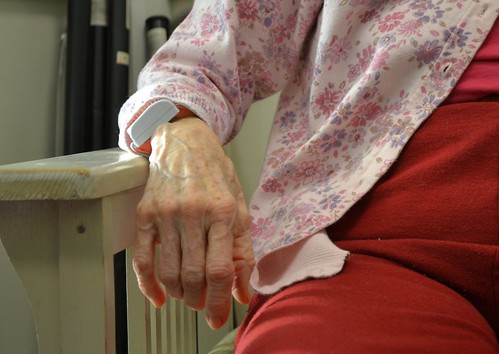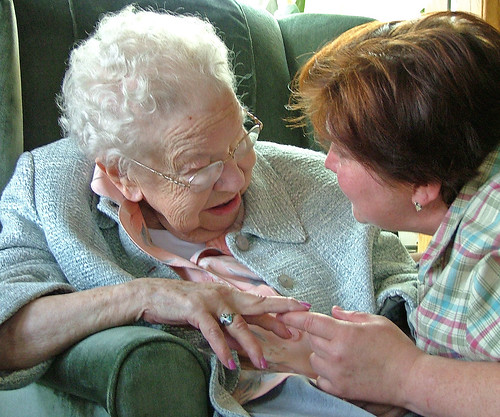Of course, stories aren’t just for kids. Storytelling can be engaging and even therapeutic for anyone, with significant benefits for seniors – particularly when the tales are personal.
The Power of Storytelling
“We know from research that narrating life stories can help older people resolve internal conflicts, overcome self-criticism, and improve their sense of self-worth,” says Dr. Karl Pillemer, Cornell University gerontologist and author of 30 Lessons for Loving: Advice from the Wisest Americans on Love, Relationships, and Marriage. “Particularly valuable are storytelling opportunities that allow for ‘integrative reminiscence,’ in which people tell stories about their lives that involve examining and coming to terms with issues in their past.”Pillemer is referring to his work on The Legacy Project, in which seniors are invited to share their stories as well as their advice for younger people.
For More and Original Article.
Learn what it takes to become a restorative aide.













